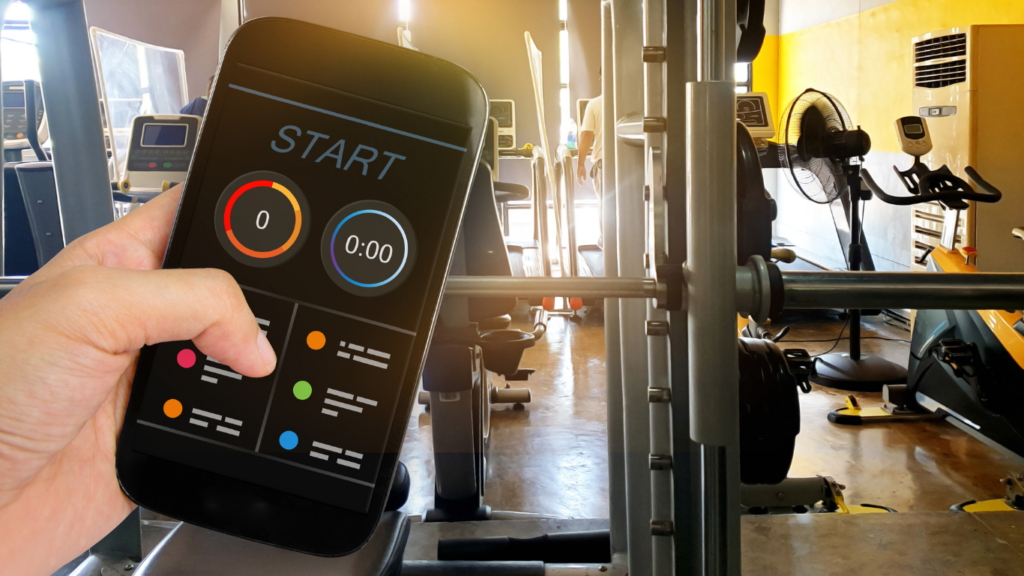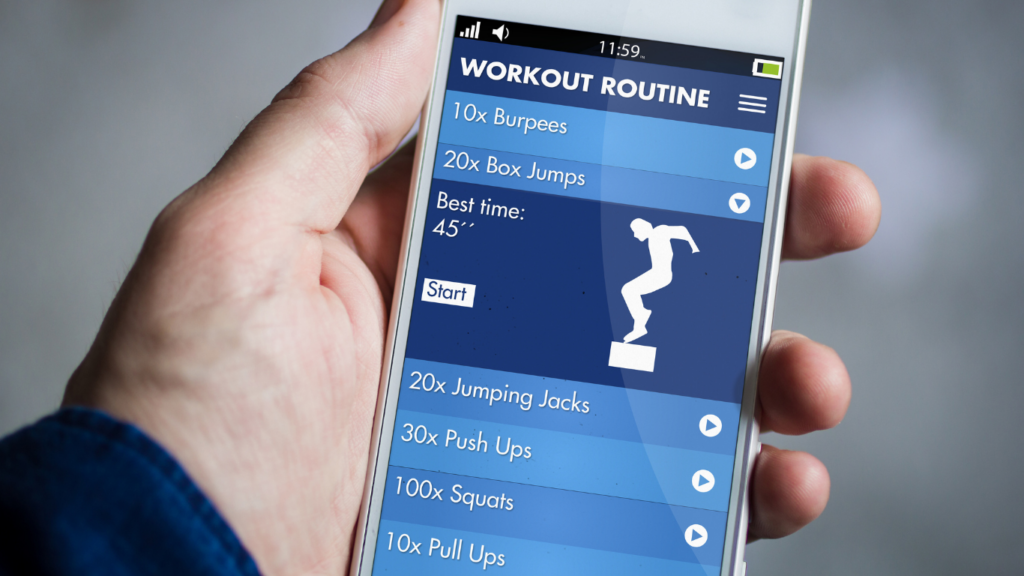Biohacking’s taken the world by storm, and in 2025, cognitive training apps are leading the charge. It’s fascinating to see how these apps, once seen as niche tools, are now redefining how we optimize our brains. From boosting memory to sharpening focus, they’ve become essential for anyone looking to unlock their mental potential.
The Rise Of Cognitive Training Apps
Cognitive training apps have transformed from experimental technologies to mainstream tools in 2025. Users increasingly integrate them into daily routines for sharpening focus, improving memory, and boosting problem-solving skills. Platforms like Lumosity, Elevate, and CogniFit lead this evolution, offering diverse programs tailored for various cognitive needs.
Neuroscience-driven advancements have accelerated their growth. These apps integrate artificial intelligence (AI) and machine learning to analyze user patterns, delivering personalized training plans. Examples include real-time progress tracking and adaptive exercises, which adjust difficulty levels based on performance.
Accessibility has fueled their adoption. Available on smartphones, tablets, and computers, these apps make cognitive enhancement possible anytime, anywhere. Language-specific training, memory retention games, and mindfulness activities cater to diverse global audiences seeking brain optimization.
Gamification enhances engagement, making cognitive exercises enjoyable rather than monotonous. Reward systems, competitive leaderboards, and interactive scenarios improve retention rates among users. This appeal attracts both beginners exploring biohacking and seasoned individuals optimizing mental performance.
Key Features Of Cognitive Training Apps In 2025
Cognitive training apps in 2025 incorporate advanced technologies and user-focused features to elevate mental performance. These apps integrate AI, gamification, and cross-platform accessibility to create a seamless, engaging experience.
AI Integration For Personalized Plans
AI algorithms enable cognitive apps to provide personalized training plans. These algorithms analyze user behavior, performance metrics, and progress to adapt exercises in real time. For example, machine learning models evaluate a user’s strengths in memory recall or attention span, then adjust difficulty levels to optimize training outcomes. Leading apps like CogniFit use neural network simulations to create individual cognitive profiles, ensuring tailored experiences for every user.
Gamification And Enhanced User Engagement
- Gamification transforms cognitive exercises into engaging, rewarding activities.
- Features like point systems, achievement badges, and competitive leaderboards motivate users to maintain consistent training.
- Lumosity, for instance, incorporates daily challenges that unlock new levels, encouraging sustained participation.
- By integrating animated characters, soundtracks, and interactive designs, these apps make mental workouts appealing to diverse audiences, from casual learners to biohacking enthusiasts.
Cross-Platform Compatibility
Cross-platform availability ensures users can access cognitive apps on smartphones, tablets, and desktops. This flexibility adapts to varied lifestyles by allowing training sessions at home, during commutes, or even in work breaks. Many apps support cloud syncing, letting users switch devices without losing progress. Platforms like Elevate offer seamless integration across operating systems while incorporating language localization for global accessibility, catering to multilingual users.
The Role Of Cognitive Training In Biohacking

Cognitive training plays a central role in biohacking by targeting brain optimization through structured exercises and measurable outcomes. Apps offering these solutions blend neuroscience with interactive platforms to maximize mental performance and neuroplasticity.
Boosting Mental Performance
Cognitive training apps enhance focus, memory, and decision-making abilities through structured brain exercises. I see platforms incorporating game-based tasks and problem-solving challenges that improve mental stamina. For example, memory recall activities sharpen short- and long-term memory retention, while logic puzzles refine analytical thinking. By addressing specific cognitive skills, these apps empower users to excel in daily activities, often showing improvement within weeks of consistent use.
Tracking Cognitive Metrics
Cognitive metrics, such as:
- response speed
- memory accuracy
- focus duration
are crucial for assessing progress. Using algorithms, these apps collect data from each session to monitor performance trends over time. I observe features like real-time dashboards and weekly reports, allowing users to measure cognitive development. For instance, apps like Elevate generate visual progress charts, helping users make informed adjustments to their training regimens. Accurate tracking ensures users stay on course in their biohacking journey.
Enhancing Neuroplasticity
Enhancing neuroplasticity is a core objective in cognitive training, fostering new neural connections to adapt brain function. I see apps leveraging adaptive technologies, like AI, to provide personalized exercises that challenge the brain at optimal difficulty levels. For example, language-learning tasks and memory training stimulate different brain regions, strengthening synaptic pathways. Regular use encourages long-lasting neuroplasticity, supporting advanced learning capabilities and greater mental adaptability over time.
Top Cognitive Training Apps Dominating The Market
The dominance of cognitive training apps in the biohacking space is evident in 2025, with several platforms leading the charge. These apps combine advanced technology with neuroscience to maximize cognitive performance.
App 1: Innovative Features And Impact
Lumosity utilizes AI algorithms to personalize workouts based on user progress. It integrates gamified exercises targeting memory, attention, and problem-solving. The app also tracks metrics like accuracy and speed, presenting data through visual dashboards. Its real-time adaptability ensures challenges match users’ skill levels, enhancing neuroplasticity. Cross-device compatibility and offline access make Lumosity accessible for varied user needs.
App 2: Strengths And Weaknesses
Elevate focuses on communication and critical thinking skills. It offers over 40 games designed for reading, listening, math, and writing improvement. Its strengths include a clean interface and tailored progression paths supported by continuous feedback. However, customization is limited compared to competitors, and game repetition may reduce long-term engagement for advanced users. Still, frequent updates and diverse content appeal to those seeking cognitive improvement.
App 3: User Reviews And Popularity
CogniFit garners positive reviews, particularly for its science-backed assessments and training modules. Users praise its focus on neurological conditions, like ADHD, providing rehabilitation-driven exercises alongside general cognitive training. With multilingual support and integration with wearables, CogniFit attracts a global audience. Despite its premium pricing, many users value its depth and comprehensive analytics, cementing its reputation as a leader in 2025.





